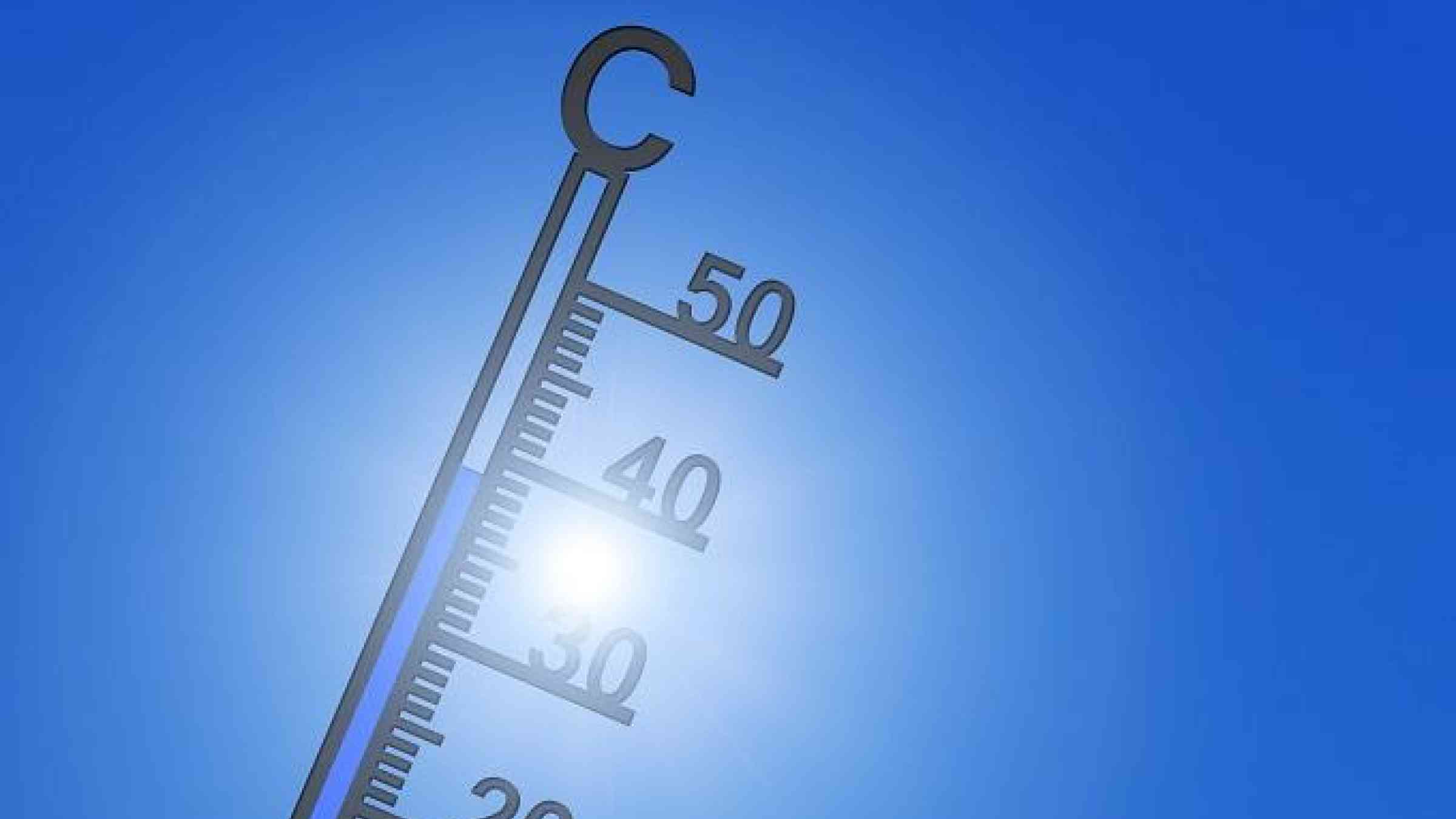Warming will cost rich and poor countries alike

By Andrea Thomson, Associate Editor
When a major heat wave engulfed western Europe in late July, Paris and other cities recorded their highest temperatures ever. The furnacelike weather did not just cause sweaty brows—it also exacted a financial toll in infrastructure damage, lost labor productivity and potentially lower agricultural yields. The situation illustrates how even relatively wealthy countries can take an economic blow from climate change.
That is a key message of a new study from the nonprofit National Bureau of Economic Research (NBER). Much earlier research has suggested that climate-related losses would be higher for poorer, hotter countries and that colder countries could even see economic benefits from warming. But the new analysis indicates financial suffering will be widespread. “It doesn't matter what kind of country you are, you are going to get hit by climate change,” says study co-author Kamiar Mohaddes of the University of Cambridge.
[...]
If greenhouse gas emissions continued to grow along their current trajectory, about 7 percent of global GDP would be lost by 2100, the researchers found. Rich and poor countries, as well as those with hot and cold climates, would all see GDP losses (graphic). The U.S. would lose 10.5 percent of its GDP, whereas Canada—which some economists say could benefit from warming because of expanded agriculture—would lose 13 percent.
Limiting emissions in accordance with the Paris climate agreement (which aims to keep global temperature rise below two degrees Celsius by 2100) would substantially stem the losses. Globally, the decline in GDP would be a mere 1 percent; in the U.S. and Canada, it would about 2 percent.
[...]